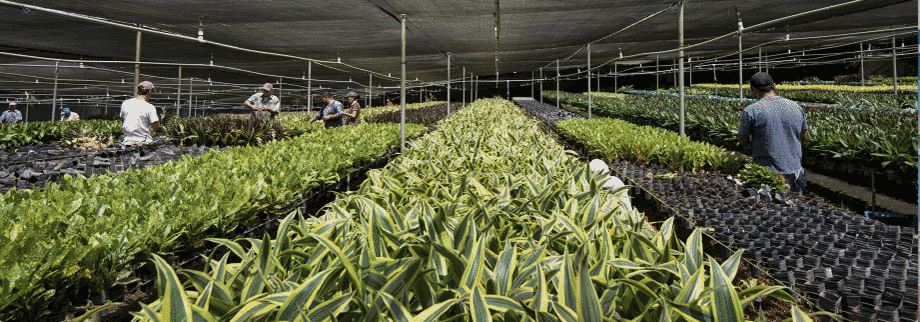Costa Rica conducts every year a national agricultural survey - the Encuesta Nacional Agropecuaria (ENA). The survey, designed and developed by the National Institute of Statistics and Census (INEC), is a continuous survey that runs throughout the year on a sample of approximately 11 400 agricultural holdings. The survey collects information on crops, forestry products, flowers and livestock. It generates annual estimates of areas planted, area harvested, production, destination of the production and animal stock, by age, sex and use.
Through the AGRISurvey Programme and in close collaboration with FAO Costa Rica, FAO is providing technical support to enlarge the scope of the survey and to strengthen the national capacity to anonymize and disseminate agricultural survey data and to use them for policy-making and policy monitoring.
The methodological work concerning the survey scope started in 2019 and it is ongoing. The ENA questionnaires are being revised to integrate information on the use and cost of inputs and on ownership of machinery and equipment. These additional data will allow a more sophisticated and complete analysis of the holding economy, deriving – for instance – cost of production estimates or labour productivity indicators (SDG 2.3.1).
A pilot survey will be conducted at the beginning of 2020, to evaluate the revised questionnaires and assess their impact on the survey duration and cost. Based on the pilot survey results, INEC will develop a strategy to integrate the additional questions in the ENA.
The technical support on the data anonymization, dissemination and use will take place in 2020. The data anonymization and dissemination activities will focus on the latest Agricultural Census (Censo Nacional Agripecuario, CENAGRO, 2014) and on the ENA data. The ultimate objective of this activity is to enable INEC staff to anonymize the micro-data from agricultural surveys/censuses and to make them available to the public.
Once the anonymization activities are completed, FAO will promote the use of data for policy-making and policy monitoring through a series of technical workshops with relevant institutions, such as the Ministry of Agriculture and Livestock (MAG) and Banco Central de Costa Rica.

